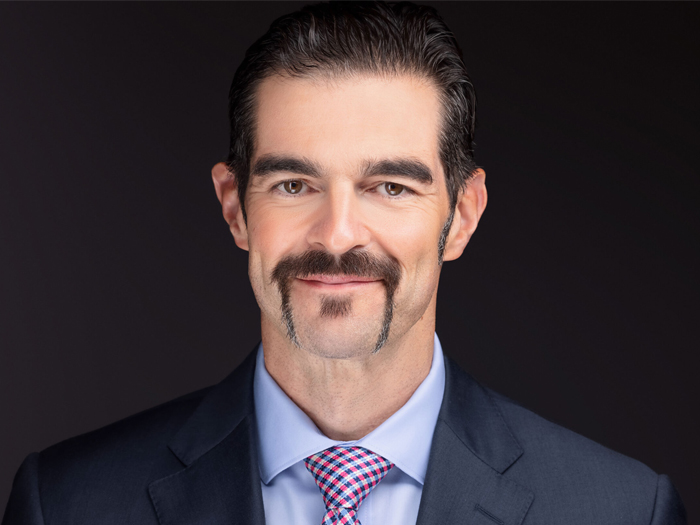Risk Insider: Jeff Driver
Joan Rivers: One More Legacy
This is the second of a two-part Risk Insider post on the death of Joan Rivers.
Over a month has passed since the death of Joan Rivers. Still, a full public explanation of the circumstances and cause of her demise has not surfaced.
Due to federal and state privacy laws, those details may never be revealed, just as we are not privy to most personal medical outcomes. Nor should we be from a medical privacy perspective.
Even when court cases are litigated or settled, most often the public is not informed of the result, or if it is, national attention soon shifts to other pressing issues of the day, and focus is lost in the blink-of-an-eye news cycle of our times.
Indeed, the traditional and social media rush to judgment did not wait long as a forensic evaluation proved inconclusive, and public health and safety regulatory reviews crawled along.
Within hours following the initial event, allegations of medical error, unprofessional physician conduct (search for “selfie” with Rivers under anesthesia), unauthorized physician medical practice at the clinic, faulty clinic administration, and medical treatment exceeding the patient’s consent began swirling over the airwaves and Internet.
Reactions such as these are dangerous as they unduly undermine and erode public confidence in a world-class medical system, and contribute to the defensive practice of medicine that significantly runs up the costs of health care for everyone.
Even before many facts were verified or discovered, accusations were commingled in confusion with words and phrases begging, “What ‘killed’ Joan Rivers?”
Worse, the media launched personal attacks and vilified some of the medical professionals involved. In social media’s diversity of public commentary, some even threatened some of the medical professionals involved.
Reactions such as these are dangerous as they unduly undermine and erode public confidence in a world-class medical system, and contribute to the defensive practice of medicine that significantly runs up the costs of health care for everyone.
The risk management and medical communities must do everything we can to counteract the perception that unexpected medical outcomes automatically equate to medical errors or the unsafe practice of medicine.
We must combat the human impulse to shame and blame that is now coupled with a modern trend of rush to judgment in a flash-mob, instantaneous, anything-goes traditional and social media culture.
Simultaneously, however, we must also acknowledge and speak publicly and individually of our innate human imperfections, even those of our medical professionals, and learn from medical errors when they do occur so that they can be prevented in the future as we strive to ensure that no patient ever suffers or dies from a medical error.
Perhaps a completely unexpected and ironic legacy of Rivers’ vivacious and notable life is that her case moves us all to engage in honest, healthy, thoughtful public discourse regarding the practice of medicine in the aftermath of an unexpected outcome, whether due to medical error or not.
Rivers’ signature one-liner will speak to me throughout the remainder of my life’s career, and hopefully to the risk management and medical communities, in a way it never has before: “Can we talk?” Yes, we must. Yes, we will, Joan Rivers!
Read the first of Jeff Driver’s posts, Joan Rivers: Can We Talk?










